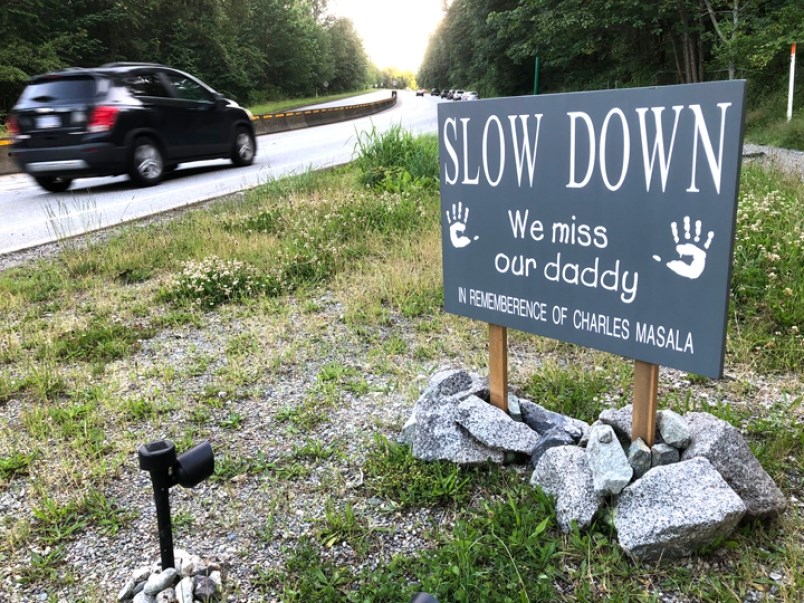Editor:
Re: Drunk driver who killed Burnaby cyclist gets 30 months in prison, NOW News
As one who was directly affected by the hit-and-run death of Charles Masala on June 29, 2019, I want to share some thoughts and concerns about the sentencing on Feb. 16.
Charles was my son-in-law; the husband of my daughter and the father of two of my grandchildren.
At the sentencing hearing on Dec. 21, 2021, the Crown prosecutor asked for a three- to four-year sentence, citing aggravating factors (many of which are noted in your article), while defence requested two years less a day, stating that any jail sentence would act as a deterrent, no matter the length.
Vancouver Provincial Court Judge Reginald Harris sentenced Mr. Mangat to 30 months in prison, leaning towards that which was requested by the defence. In passing down this sentence, Harris stated: "There is nothing this court can do to ease the grief of the family, friends and community by the loss of Mr. Masala." How, I ask, is one to interpret this statement? As an expression of sympathy? As justification for the sentence?
I challenge the validity of the statement. Considering the aggravating factors, and while working within the limits set by precedents, a sentence more in line with what the Crown prosecutor asked could, in fact, have reduced somewhat the grief felt by family and friends. What was actually achieved was an increase in grief exacerbated by anger against the justice system.
Judge Harris also made reference to Mr. Mangat's 2016 and 2018 DUI cases and noted: "These failed to deter him."
Obviously.
Negative consequences for bad actions should have a deterrent effect, for the perpetrator and for others considering similar actions. But the consequences for Mr. Mangat in his prior DUI incidents were minimal. Roadside prohibition. Suspension of driver’s licence. They didn't stop Mr. Mangat from driving drunk on June 29, 2019. And I expect they made nary a ripple on the conscience of others who choose to drive while intoxicated. Similarly, it is questionable regarding the extent to which the relatively lenient sentence handed down by Harris will have a deterrent effect.
There is a more broad-based, long-term impact of the sentence handed down by Harris. Despite the uncontested evidence, including aggravating factors, this sentence was, in my opinion, insufficient in relation to the precedents cited by the Crown prosecutor on Dec. 21, 2021.
Regardless, this decision now becomes a precedent to be used by defence in future similar cases to support a lesser sentence. An individual with personal experience in this type of cases has implied that British Columbia generally metes out sentences that are shorter than those in other provinces in Canada. This latest sentence is likely to further erode the deterrent effect of jail time.
In closing, it is worth noting that, on Feb. 18, 2022 in Calgary, Alberta, a judge handed down a three-year sentence for the violent killing of two dogs where the defendant stated that he had "no memory" of the crime. Whereas in Vancouver, British Columbia, a sentence of 30 months was handed down for violently killing a human being where the defendant was well aware of what he was doing. Something to consider.
Chris Palmer



